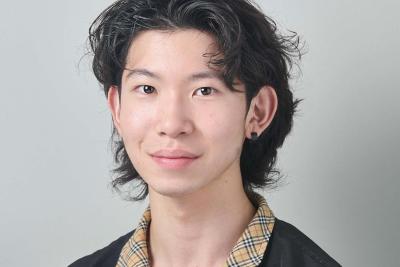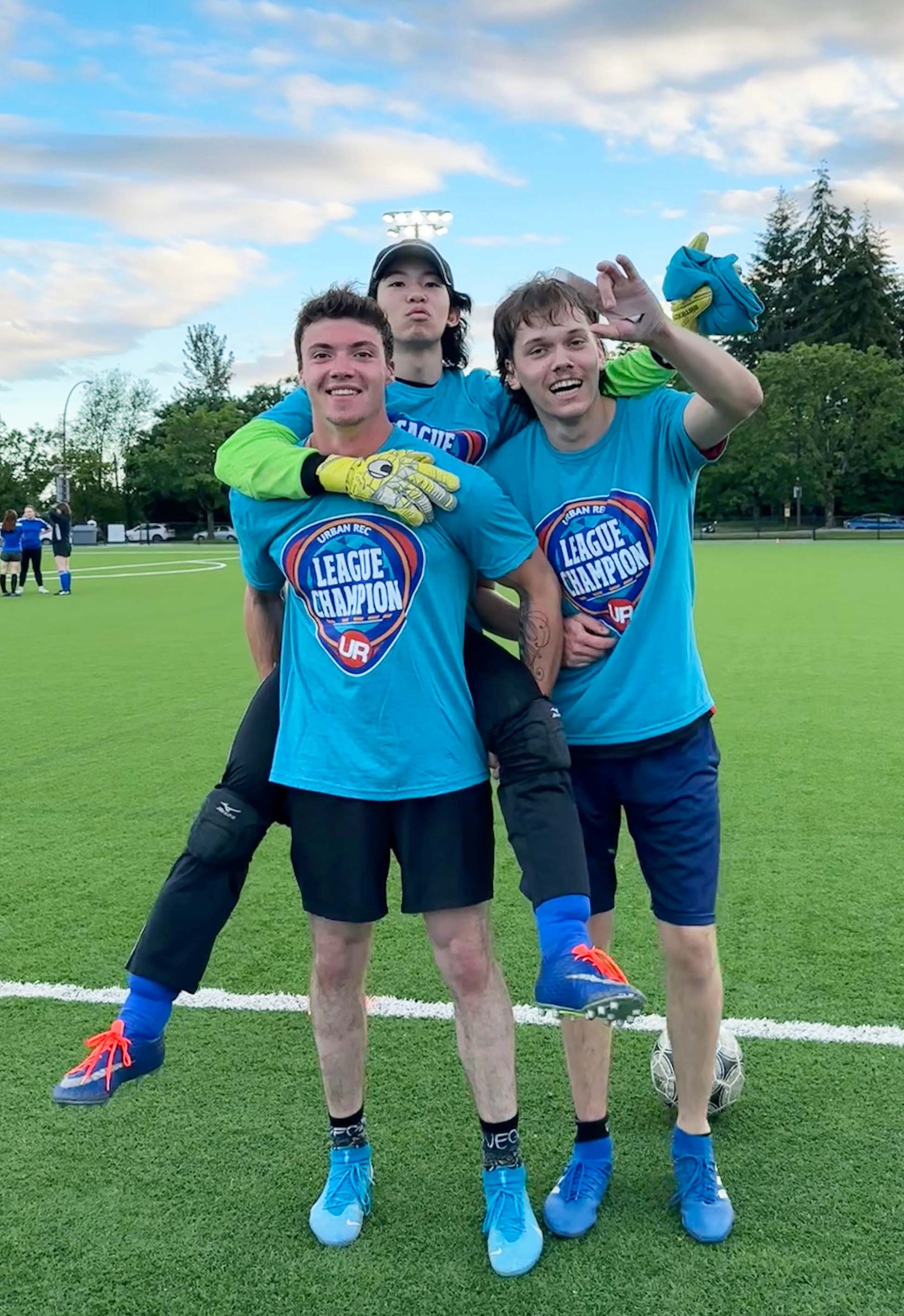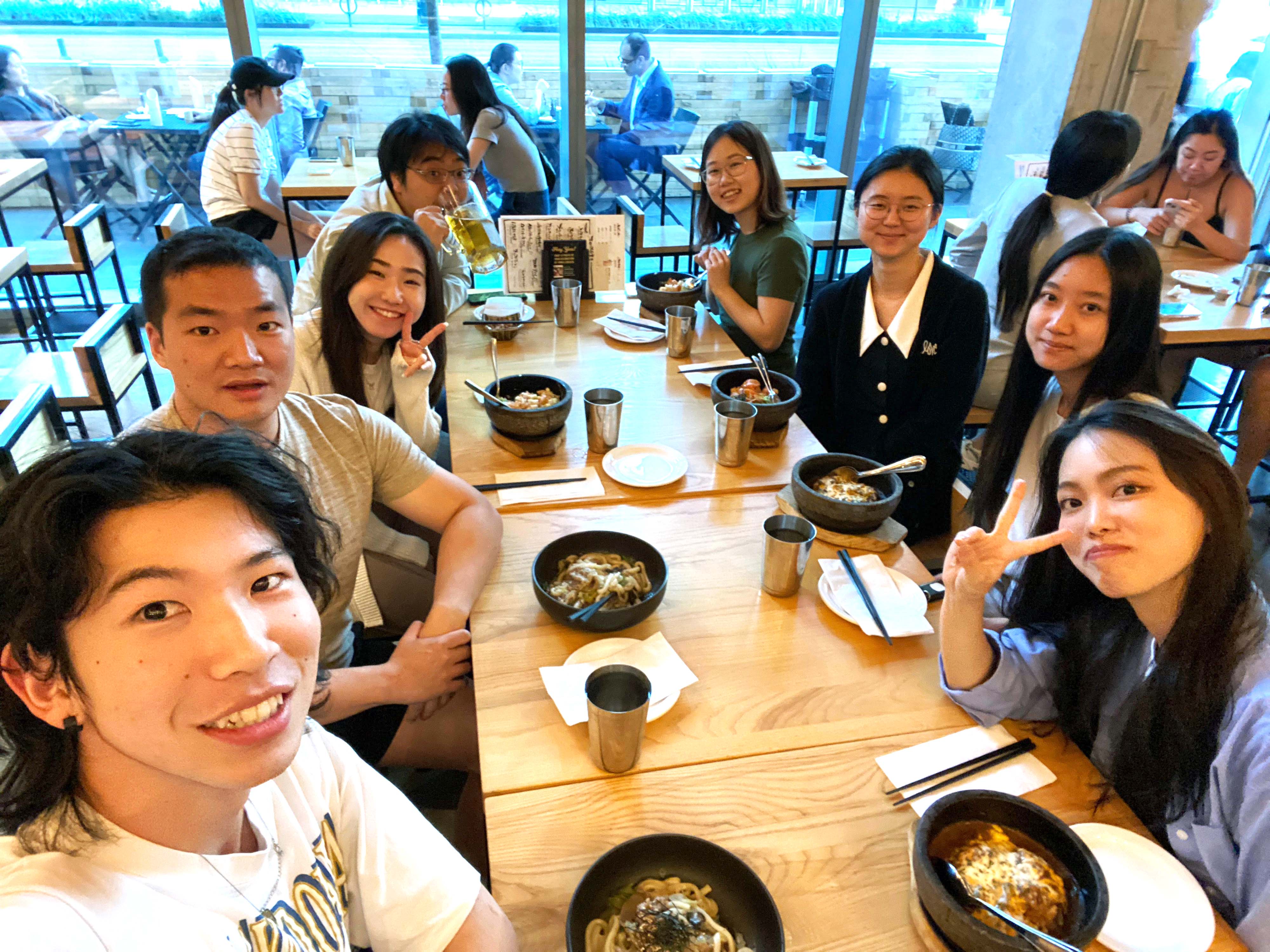Featured Student: Daichi Furukawa
September 27, 2024

September 27, 2024

I’m studying for a Bachelor of Science with a Cognitive Systems - Computational Intelligence and Design major in the Computer Science stream.
I plan to graduate in December 2025.
I enrolled in Science Co-op to gain a better understanding of the software engineering field and to make the most out of my undergraduate degree with hands-on industry experience.
I worked for two terms each as a Software Engineer at Mastercard and Dayforce (Ceridian).
I interned at Mastercard as Software Engineer for 8 months, as part of the Cyber and Intelligence Solutions division. The team used a tech stack consisting of Java, AWS, Gradle, Spring Boot and Docker.
My team and I worked on a product called Trusted Device, an enhanced cyber device solution that outlived device ID/fingerprint technology for long-lasting device recognition.
I took charge of reducing response latency for our product API by developing a Lambda handler that warms up instances concurrently, triggered by CloudWatch Events.
I designed a modular and resilient cold-start benchmarking handler, simulating cold starts to understand Lambda behavior and implemented robust monitoring with AWS Embedded Metrics.
Using a push mechanism and measuring latency with the benchmarking tool, the Lambda warmer I created reduced cold start load times by 74.8%, from 726ms to 183ms.
I’ve been at Dayforce for two months now as part of the Business Domain Team.
We’re working on a project called Single Global Person (SGP). This team’s main tech stack consists of C#, Dotnet (ASP.NET), SQL, MongoDB, Azure and React with Typescript.
In the first two months, I’ve taken on handful of tasks, including: documenting data source identification and permission analysis for our microservice software, designing a default authorization requirement model for clients using middleware injection, creating a custom Kafka producer class based on a facade template and purged deprecated azure pods from the core SGP library, removing 3402 LoC requests across six repos to improve code health.
The difference between the titles of engineer and developer is not very important, in my opinion, since the job responsibilities are essentially the same.
However, these experiences have definitely helped me to determine which type of career I want to pursue.
One key realization during my experience was that I want a career where I can be passionate and deeply care about my work. I truly enjoy being surrounded by passionate people and it makes a significant difference in my work life.
Since I've discussed a lot of the technical aspects of my Co-op, I'd like to share one of my favorite social experiences: playing on the Mastercard soccer team.
Every Tuesday evening for twelve weeks, we participated in a recreational league. It was a fantastic opportunity to socialize, as well as get to know coworkers from different teams and fields at Mastercard, all while playing a sport I've enjoyed since elementary school!

I believe that I achieved a lot during my 16 months of Co-op experience at both Dayforce and Mastercard.
Some highlights include: designing a future-proof module for downloading Neustar data zip files (*.csv.gz) from FTP servers, supporting both IPv4 and IPv6 protocols. This implementation automatically ensures correct octet-stream metadata when uploading to AWS S3 and tracks previously downloaded file names to prevent redundant downloads.
Additionally, I modified CodeCommit CI/CD pipeline scripts using AWS CDK to prevent direct code submissions to the main branch, requiring two approvals for merges and thereby maintaining code quality.
I also identified, documented and removed dead auto-bumping cron jobs, reducing auto-bump pipeline failures by 80% across two cloud environments.
I often felt overwhelmed at the beginning of new tasks, due to the breadth of knowledge required — whether it was about technologies, frameworks, external software or development concepts.
The sheer volume of documentation needed to proceed with a task could be daunting, especially after experiencing the satisfaction of completing a previous task. One of my significant challenges was dealing with the wall of prerequisite knowledge every time I started a new task, which sometimes felt a little demotivating.
To overcome this, I adopted a strategy of thorough preparation. I would dive deep into the documentation and attempt to grasp as much as possible on my own. After my initial efforts, I would then ask my supervisor thoughtful questions. These questions were rooted in genuine curiosity and a desire to deepen my understanding, rather than seeking quick answers without effort.
This approach not only helped me clarify uncertainties, but also demonstrated my commitment to mastering the material and tackling challenges effectively.
Co-op has been instrumental in my personal growth, by providing a dynamic environment to hone both technical skills and soft skills.
It challenged me to adapt quickly to new technologies and methodologies, which fostered resilience and problem-solving. I experienced collaborating with diverse teams, which improved my communication and teamwork skills.
Facing complex challenges nurtured my confidence and ability to handle pressure effectively. I truly think that co-op not only sharpened my professional skills, but also enriched my personal development by exposing me to diverse perspectives and experiences.

Co-op has significantly propelled my career forward, by offering invaluable hands-on experience and exposure to real-world scenarios.
It allowed me to apply classroom knowledge to practical settings, by bridging the gap between theory and practice. The opportunity to work alongside seasoned professionals provided mentorship and insights into industry best practices, enhancing my technical proficiency and strategic thinking.
Moreover, the achievements and contributions made during Co-op have strengthened my resume, making me a more competitive candidate in the job market and opening doors to exciting career opportunities.
One of the biggest supports I received from the Co-op program was my Co-op coordinator, Mina. She provided invaluable one-on-one guidance through resume reviews, mock interviews and effective job search strategies.
Her insights refined my professional profile and prepared me for the competitive job market. Beyond technical skills, Mina was enthusiastic and supportive through my highs and lows.
Mina's support had a profound impact on my career. Her meticulous attention to detail when refining my resume led to more interview opportunities. Her rigorous, yet constructive, practice interviews enhanced my performance in interviews. Her unwavering commitment to my success shaped my professional development and laid a solid foundation for my future growth.
To future Co-op students, I would emphasize the importance of embracing challenges with enthusiasm and a proactive mindset.
Use every opportunity to learn and grow – whether it's mastering new technologies, building relationships with colleagues or tackling complex projects.
Be open to feedback and continuously seek ways to improve both technical skills and soft skills, like communication and teamwork. Most importantly, approach every task with dedication and a willingness to learn, as these experiences will shape your future career path.
After graduation, I’m eager to apply my accumulated skills and knowledge in a challenging and rewarding professional role.
I look forward to contributing to innovative projects that make a meaningful impact, leveraging my experiences from Co-op to excel in my chosen field.
I’m also excited about the prospect of continuous learning and professional growth, whether through advanced certifications, further education or gaining expertise in specialized areas of interest.
I hope to build a meaningful career that aligns with my passions.
We honour xwməθkwəy̓ əm (Musqueam) on whose ancestral, unceded territory UBC Vancouver is situated. UBC Science is committed to building meaningful relationships with Indigenous peoples so we can advance Reconciliation and ensure traditional ways of knowing enrich our teaching and research.
Learn more: Musqueam First Nation